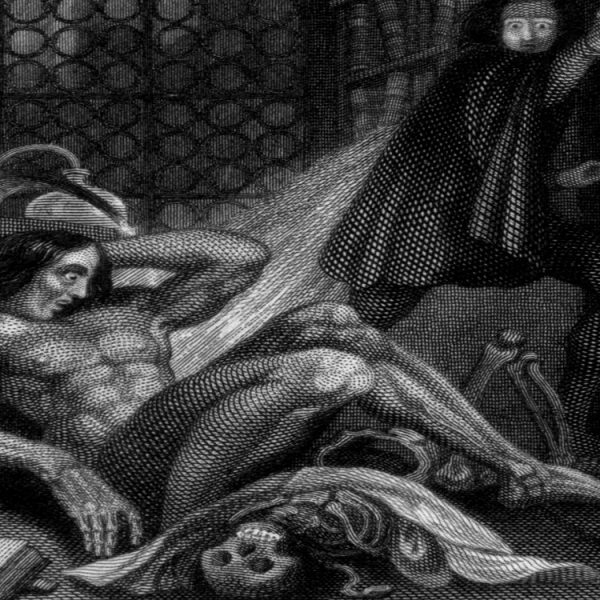Renegade Henry Miller Gets a Playlist
 GalleyCat has created a Spotify playlist for a few of Henry Miller’s works: Tropic of Cancer, Plexus, Nexus and Black Spring. The playlist draws from Miller’s descriptions and opinions of classical music, including Beethoven and Hadelich, in each of the novels. A distorted form of “music” helps to begin Miller’s most famous work, Tropic of Cancer His narrator “sings,” confessing to his audience (and insulting them) from the beginning, “I am going to sing for you, a little off key perhaps, but I will sing. I will sing while you croak, I will dance over your dirty corpse….” In his forthcoming book Renegade: Henry Miller and the Making of “Tropic of Cancer”, Frederick Turner discusses various personal experiences and cultural trends that influenced Millers’ writing of the originally censored, semi-pornographic novel.
GalleyCat has created a Spotify playlist for a few of Henry Miller’s works: Tropic of Cancer, Plexus, Nexus and Black Spring. The playlist draws from Miller’s descriptions and opinions of classical music, including Beethoven and Hadelich, in each of the novels. A distorted form of “music” helps to begin Miller’s most famous work, Tropic of Cancer His narrator “sings,” confessing to his audience (and insulting them) from the beginning, “I am going to sing for you, a little off key perhaps, but I will sing. I will sing while you croak, I will dance over your dirty corpse….” In his forthcoming book Renegade: Henry Miller and the Making of “Tropic of Cancer”, Frederick Turner discusses various personal experiences and cultural trends that influenced Millers’ writing of the originally censored, semi-pornographic novel.
While Miller’s references to classical music show his general appreciation for conventional art, he also admired the ability of his contemporary culture to deconstruct all forms of high culture, including literature and music. As a teenager in the Williamsburg neighborhood of Brooklyn, Miller learned to appreciate burlesque theater, which was especially good at mocking fine art. He developed contradictory interests in both the bawdy, prejudiced, and shameless underworld of burlesque as well as the fine art of the Old World and the Orient, believing that only the Old World was hospitable to art, the New World oppressive. When he was older, he began frequenting the brothels of New York, and when he moved to Paris in 1930s, he began studying the lives of prostitutes living near him. His appreciations of “high” and “low” art enabled him to write Tropic of Cancer, a novel with an amorphous plot that details the sex trade in Paris.
The United States originally banned the public of Miller’s novel due to its “soft-porn” nature. Tropic of Cancer became popular in America anyway, passed by different hands, including those of GIs during WWII who discovered the book and smuggled it back home. It smashed every convention of traditional literature with not only its graphic imagery and coarse language but also its unstructured form. Its tone, however, was perhaps its most shocking aspect: how could a man enjoy describing such perversion? American readers devoured the book despite everything: the bizarre sexual encounters, the gruesome and violent scenes, and even the bathroom jokes. Miller’s attitude (which amounted to, Turner says, “f*** everything”) eventually made it easier for American writers to break the constraints of censorship and tackle forbidden subjects.



